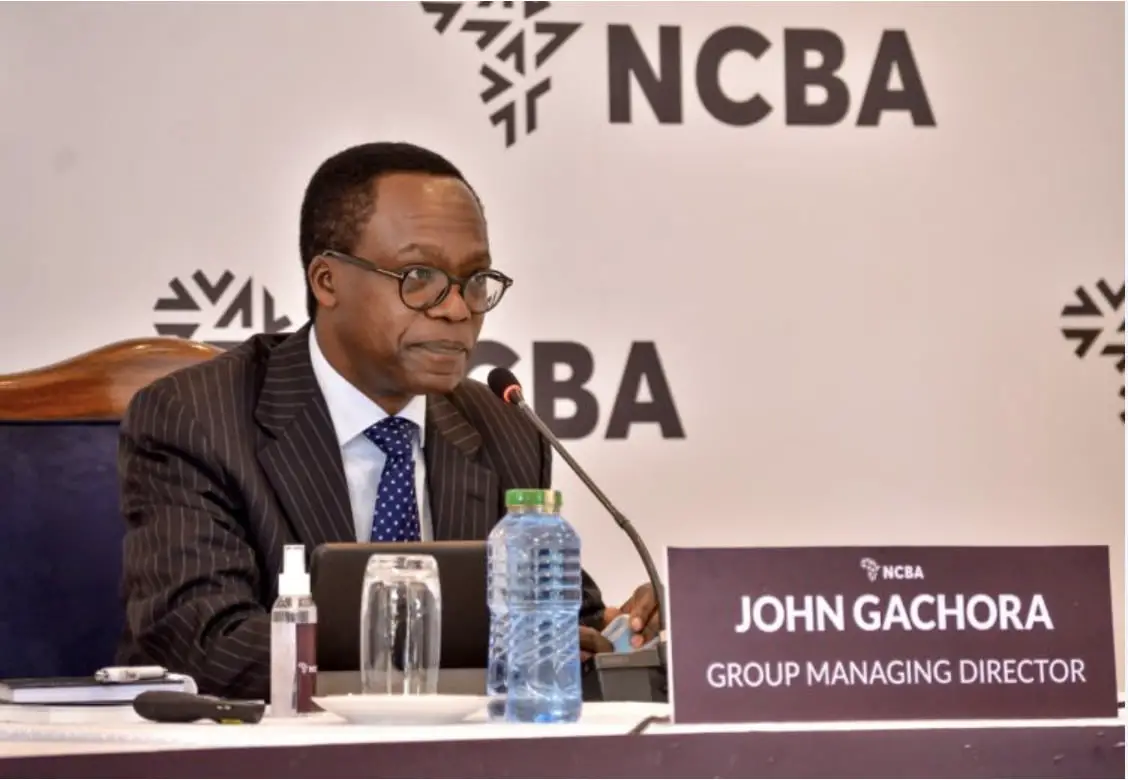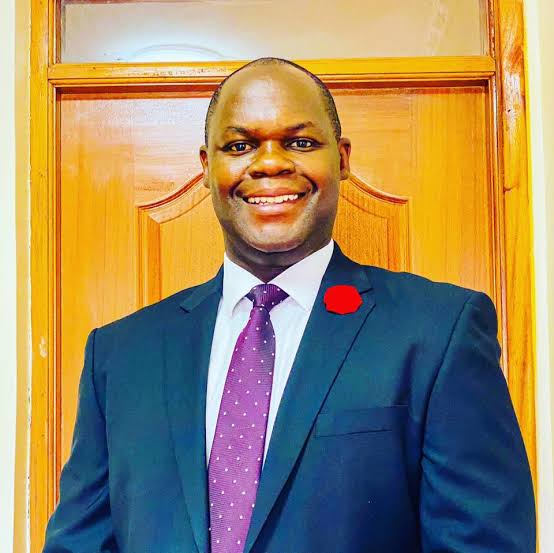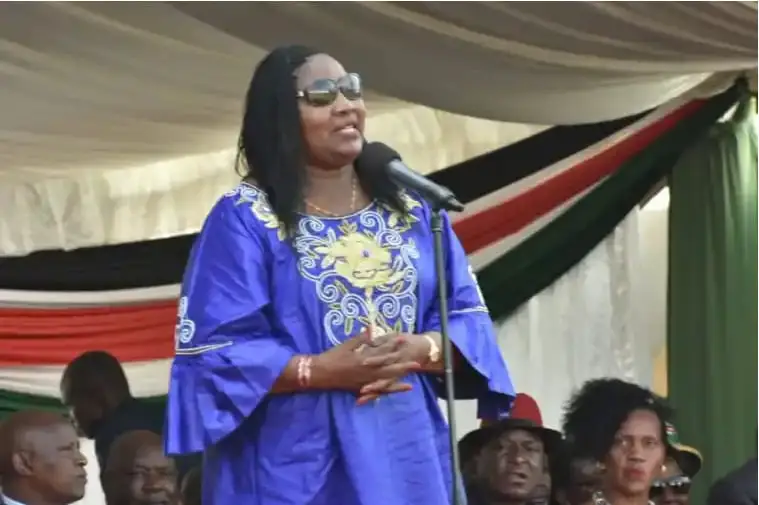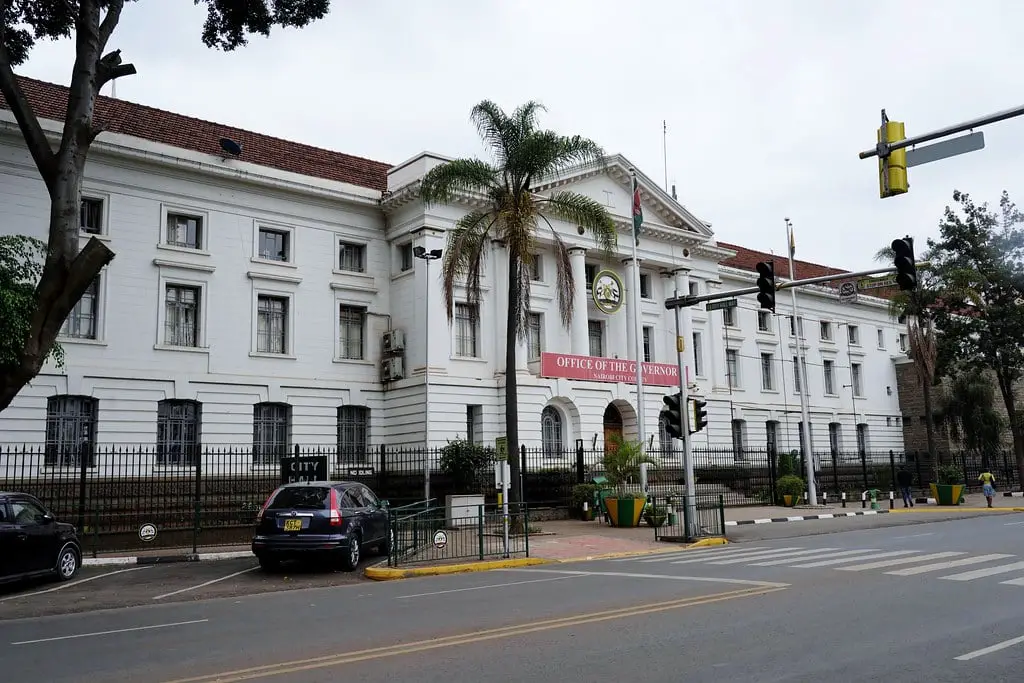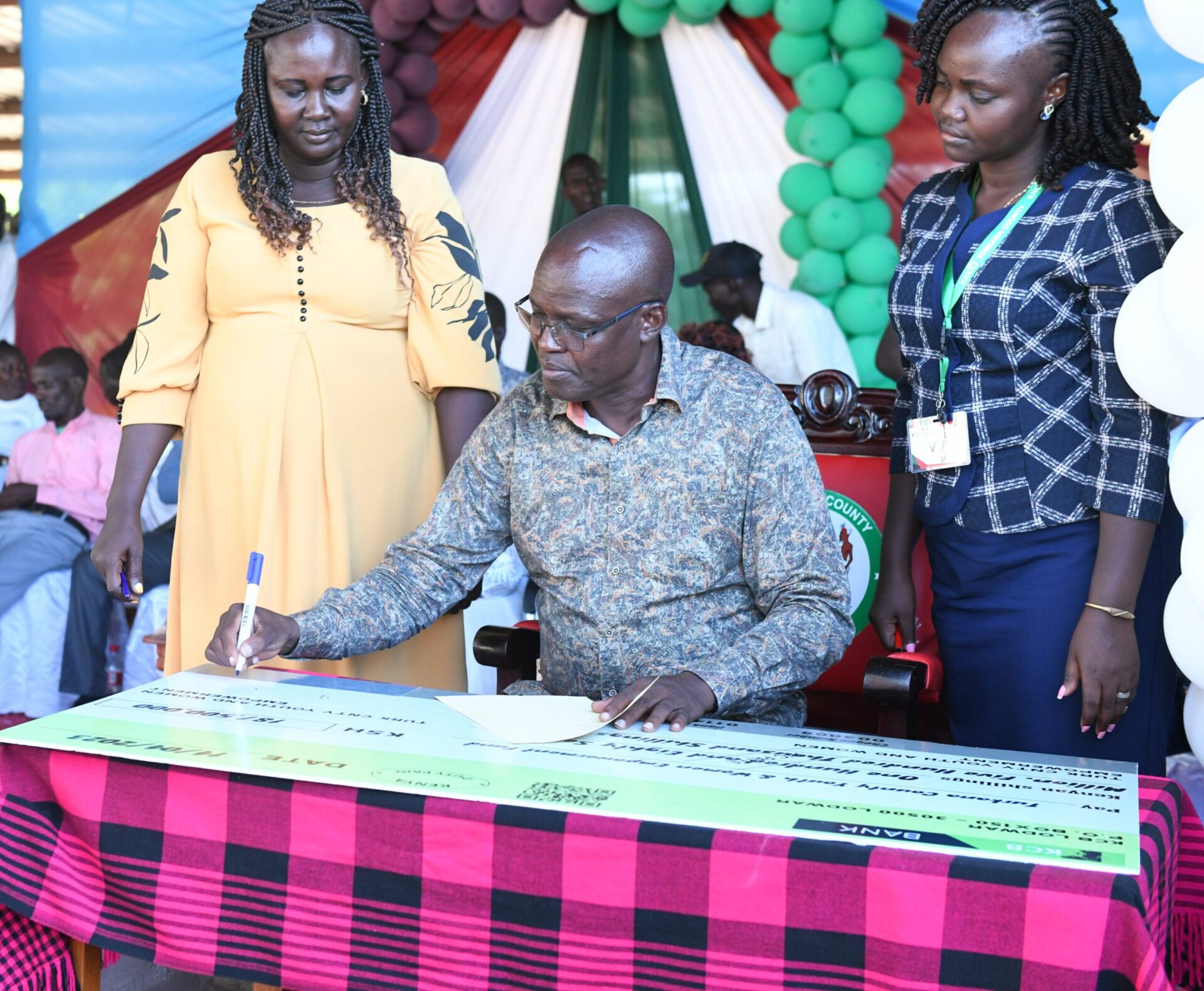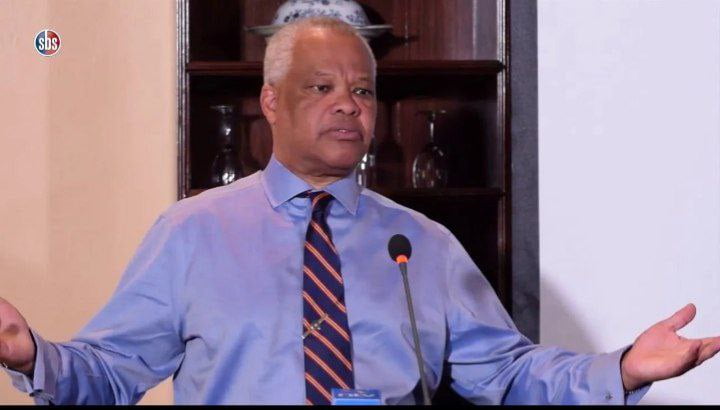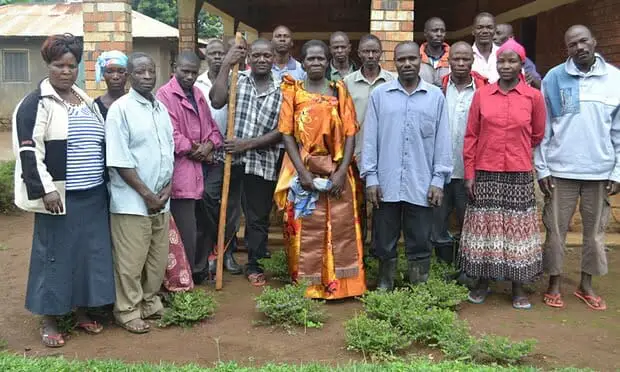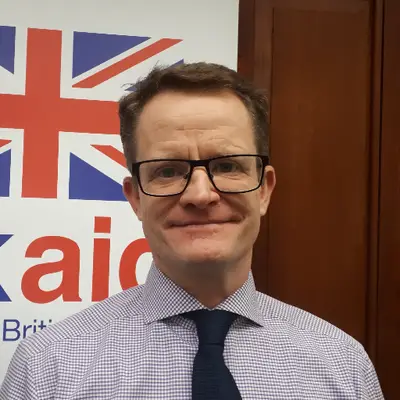
Copied from Kenyan Digest
The United Kingdom has identified a couple of developing countries in Africa and Asia to benefit from its GBP165 million (Sh21 billion) program that seeks to create regional interventions aimed at boosting inclusive economic growth and job creation.
The Cities and Infrastructure for Growth programme or CIG which is planned to work in Zambia, Uganda, Burma and later scaled up to Mozambique, Malawi, Kenya, DRC, Nepal and Pakistan has the United Kingdom’s Department for International Development (DFID) as the financier.
The implementing partners for the project is a consortium of firms namely IPE Global Private (India), Aecom (USA) and Coffey International Development Limited (USA, – being a member of Tetra Tech), additionally PriceWaterHouseCoopers (PwC), Cardno Emerging Markets (Cardno), Deutsche Gesellschaft für Internationale Zusammenarbeit (GIZ), IMC Worldwide, International Bank for Reconstruction and Development (IBRD) will help implement the five-year project.
It is not unusual to have such an international mix of firms working on a project such as these, however, what is worthless about the consortium is that it disregards and abhors local consultants.
For example, according to experience of working with these firms, foremost PwC, I learnt that local consultants that package these proposals are often relegated to the back after the contracts are won and imports from Europe and Indian are elevated to take over from them especially working in Africa.
Fifteen years of working with PwC and GIZ, I have interacted with most of these consultants who think themselves superior to locals.
Most of the firms that UKAid has chosen to undertake this project as aforementioned have in the past few years cut down on Kenyan staff. And since the project will work on Kenya down the line, this is the subject of my title above; exposing the worthlessness of it all.
General observations focusing on Kenya
Almost all the firms mentioned above, IPE Global Private (IPE), Aecom and Coffey International Development Limited (Coffey), PriceWaterHouseCoopers (PwC), Cardno Emerging Markets (Cardno), Deutsche Gesellschaft für Internationale Zusammenarbeit (GIZ) have a presence in Kenya.
For a project that boasts to be on the forefront to boosting inclusive economic growth and job creation for the local population especially the youth, the above firms score worse.
During my time in Kenya up until March 2020 (now am stuck in the Northern Hemisphere), these firms has within their ranks more white people than locals. I learnt this through observation and quick chats with the locals. You can ask staff working their to tell you more, if you like.
Coffey would advertise for a finance and admin position which would be taken up by a Kenyan, but in reality, the whites in some mundane positions would have a say in its finances than the local. The local staff earns a pittance as compared to the foreigner.
GIZ is shadier in giving tenders to locals companies; during my ‘investigation’ I found out that they often gave tenders to firms they have formed rapport with. The staff at the Kenyan office would not even waste any time to look at a tender document from a new company. The cartel, as Kenyans are fond of calling them, have formed a clique of firms that they repeatedly award tenders to.
There’s not much to write about Cardno, but the firm is a bit better off in terms of balance in its ranks. It is even more stable in its growth, however, when it mixes with such firms as IPE Global, that’s where everything changes.
IPE being a company run by Indians was very and still is very crafty. The local office would heavily rely on the experience of its Headquarters which is actually a great company, to win tenders of which most of its sometimes white staff, drawn from England, found it an uphill task to execute.
PwC the apple of my eye is more diverse and inclusive, the only part is that most bosses are lazy and the donkey work is left to the ‘junior’ staff. The work load as you are now aware led to an unfortunate event in 2018, where a fine gentleman took his life. Stephen Mumbo jumped to his death in October 2018.
Aecom is not really known to me that well, but my take is, working in the Kenyan engineering space, a company must part with a lot of bribes in order to compete.
Experience of the firms
The CIG project in its inclusive economic growth objective will also focus on improvements to infrastructure, including water and energy networks.
The consortium of firms above generally have these experience, however, not all can be said to be prepared to undertake such an enormous project well.
Going back to my statement about Cadno and IPE Global that ‘everything changes’ when they associate, the worthlessness is seen in the mixture of staff that these two have. Though most firms can lie a little bit here and there to win contracts, it is a common thing in international development circles, these two especially IPE can lie without shame.
Well, IPE is a good firm, mostly its Indian headquarters, however, the Kenyan office over the last few months lost a considerable amount of good staff. The skeleton staff that is mostly white from its UK branch known as Triple Line has been known to be very unprofessional in its delivery. They’ve been non-starters in most projects that require international (Africa-wide) execution. The delivery of milestones in for example the IGAD Regional Infrastructure Master Plan (IRIMP) in which IPE Global Limited and AFRICON Universal Consulting is undertaking has been wanting.
The project has delayed due to the imports from England who came across to me as very naïve in terms of commanding this market and executing a project well. A simple search of the company they come from from UK brings up this scandal about their bosses, and to my knowledge later after asking friends, I learnt that the contract for the Global Poverty Action Fund (GEPAF) was taken from them.
Though the DFID has awarded these firms this project, to make work easier, most of these firms will break a law here and there.
In their profiles, all of them boast of having a close working relationship with the Kenyan Government. Well, as an outsider who could look at the news without any political bias. The being in a ‘good working relationship with the Kenyans govt’, means one thing mostly, corruption.
The corruption takes shape in the form of bribery to have a leeway.
There’s one thing I wouldn’t delve into, but something that DFID and UKAid should’ve been aware of: the Kenyan immigration department has been bribed heavily to have these ‘African’ firms have a lot of white faces sitting in these firms in Nairobi. They should investigate issues of work permits etc.
For Coffey, PwC, and IPE the fee of Sh400,000 per person per two years, paid at the immigration department, is pocket change. The problem is that they don’t part with that amount only, some of their staff have been in Kenya for so long which has turned illegal.
Kenya is a beautiful country that most of we expatriates find hard to leave.
Aecom CEO in his interview with an online construction magazine in 2016 said that, “My main aim is to position AECOM as being able to plug any infrastructure gap that may exist, given our breadth of global experience and expertise. Our next step is to secure a range of major projects so as to give us the necessary critical mass to be cost-competitive in East Africa”. The online magazine had noted that he has forged a close working relationship with the Kenyan government.
IPE Global, during its signing of contract with IGAD for the IRIMP project funded by the African Development Bank (AfDB) in April 2018, was supposed to have completed the study in September 2019, but the embarrassing exit of some of the consultants made the deadline be extended to June 2020.
PwC with its bureaucratic departments and profit conscious outlook bungled the Sustainable Urban Economic Development Programme (SUED) which it had bid for with IPE Global+. Coffey won it and is now managing the project that also sought to support market-driven growth in Kenyan municipalities through urban economic planning, investment in climate change, attracting investors and training of locals.
One more thing, the curse of Adam Smith International (ASI) where the firms top bosses unduly influenced DFID to write good testimonials about them, the scandal meant that the firms was banned for a time from transacting business with DFID. ASI was reinstated in 2018 even without taking into account the rot that has made it break serious laws, and punish it severely, criticism like from Aisha Dodwell, a campaigner at Global Justice, were ignored, and this is really how these firms roll.
Aisha Dowell had in 2017 said, “The recent review into the company should be a wake-up call to DfID to stop spending important aid money on expensive UK-based consultants, and to start using it to help developing countries build appropriate public services. That’s the path out of poverty for millions of people,” she said.
Some of ASI staff were absorbed into many other firms such as PwC and IPE Global that are now working in the CGI project. Staff from a company whose actions the Commons international development committee had described as “deplorable”, “entirely inappropriate” and “lacking serious judgement” found their way into CIG. One can’t make this stuff up, what’s the point of CIG if these are the people they hire?
In conclusion, the worthlessness of CIG is in its repetition of things that have already been tried or are being tried in concurrently running projects. There’s no harm in doing that, however, as the saying goes, only a fool does things the same and expects different results. The use of many foreigners in these projects defeats logic. Most of the local staff who end up sitting to write reports at PwC, IPE and Coffey are badly remunerated and overworked. With this mix of ancient slavery ideology, CIG already looks like a flop.
Send information
[email protected] | WhatsAPP 0710280 973















